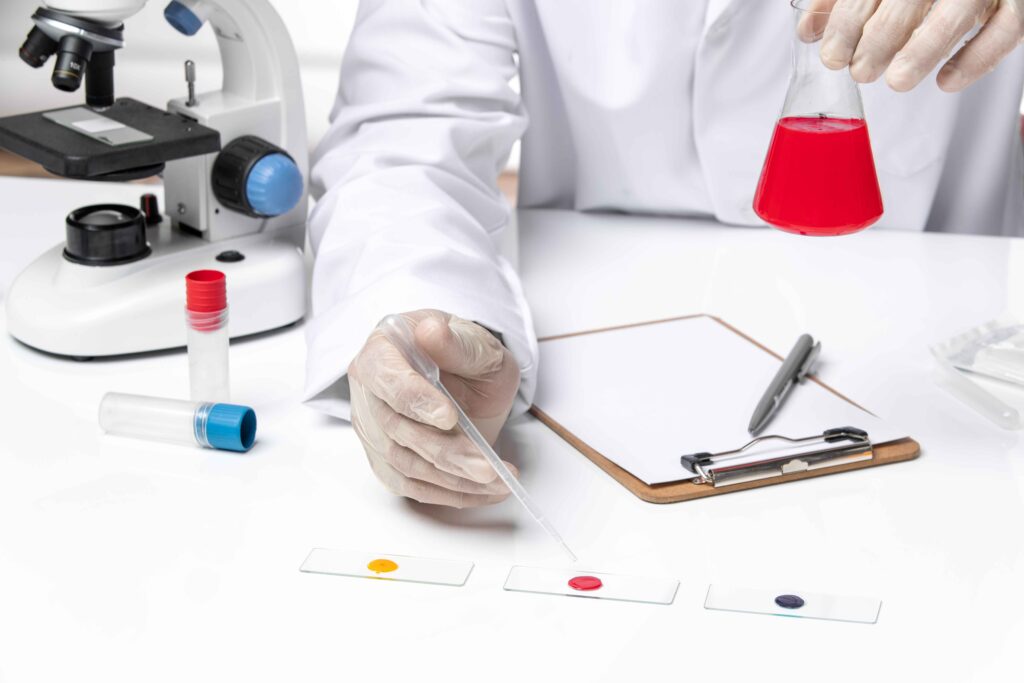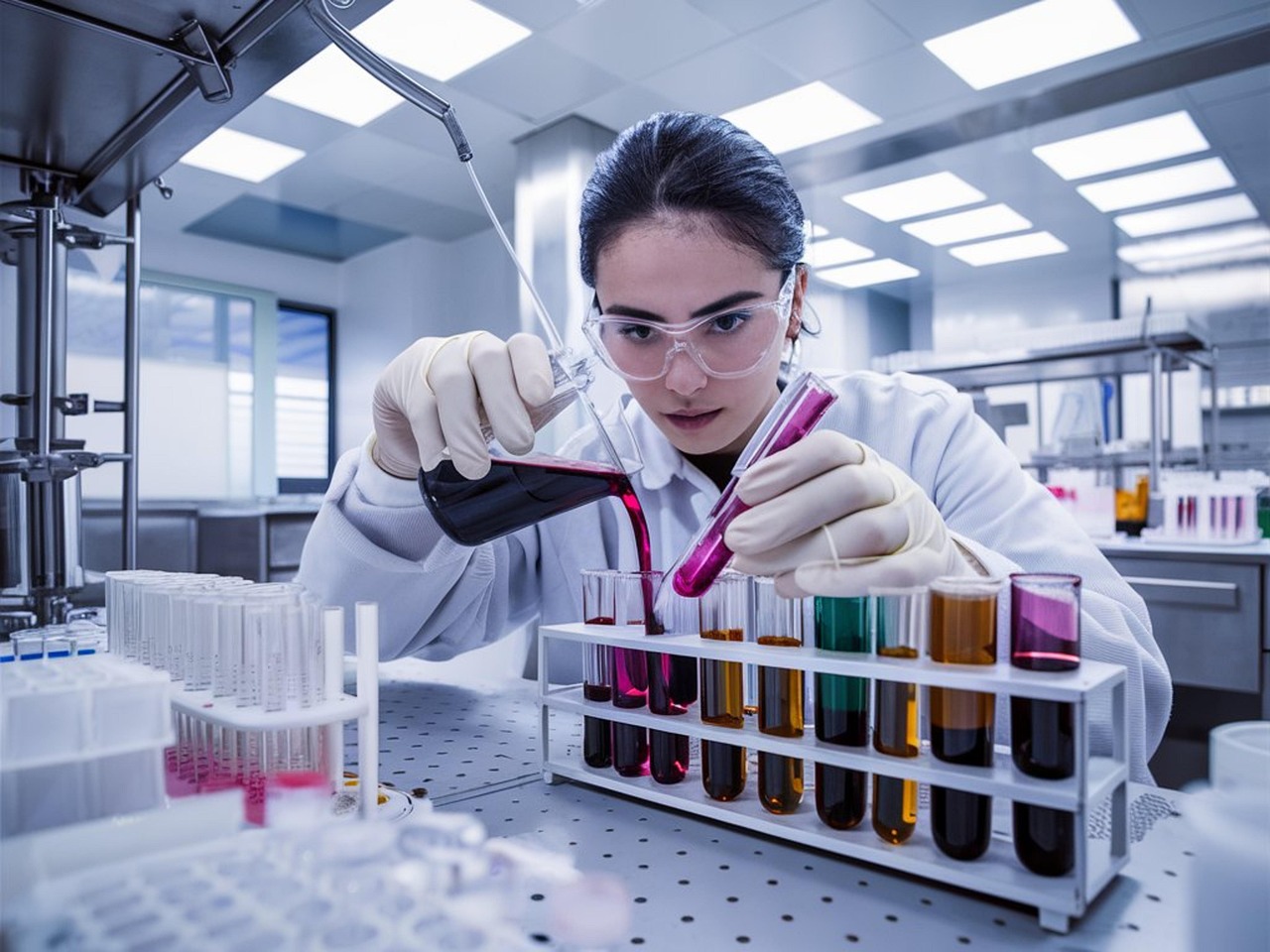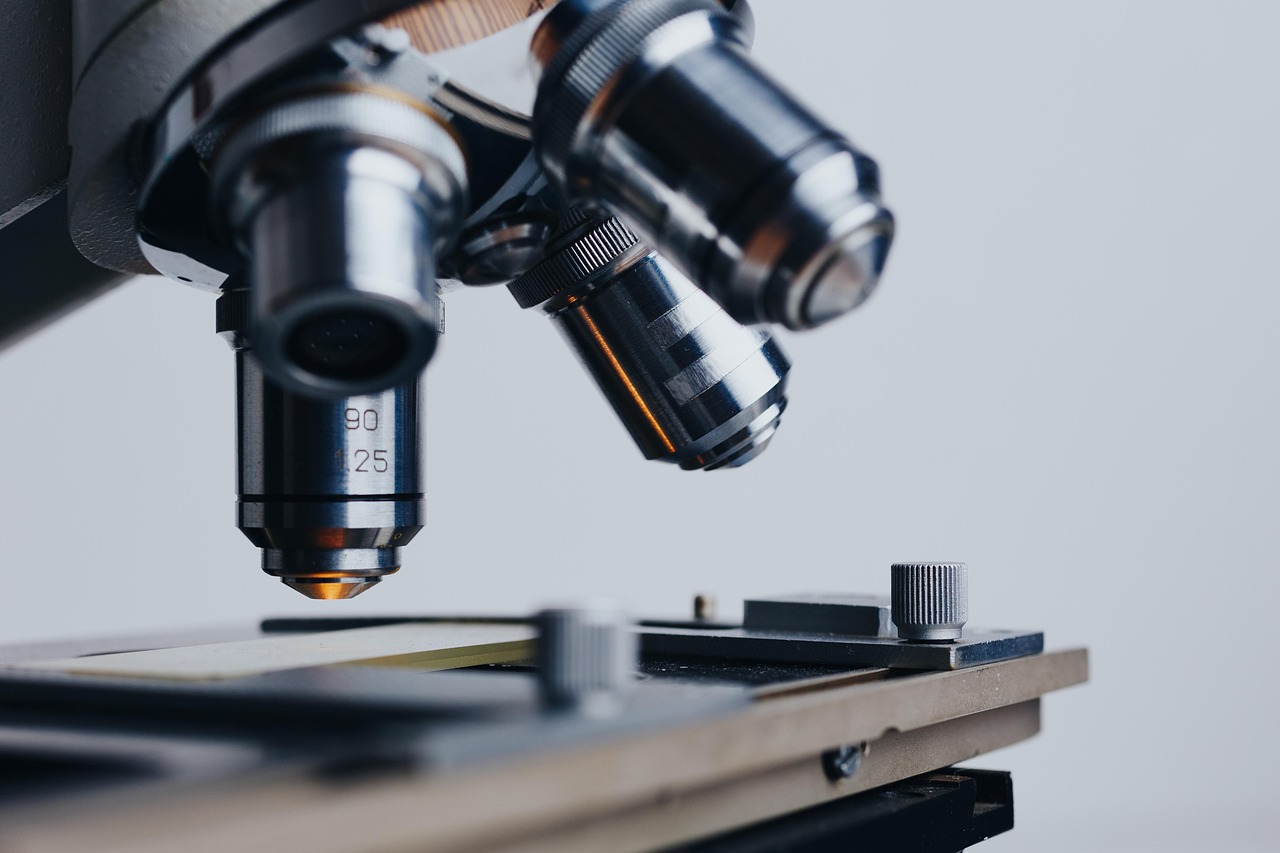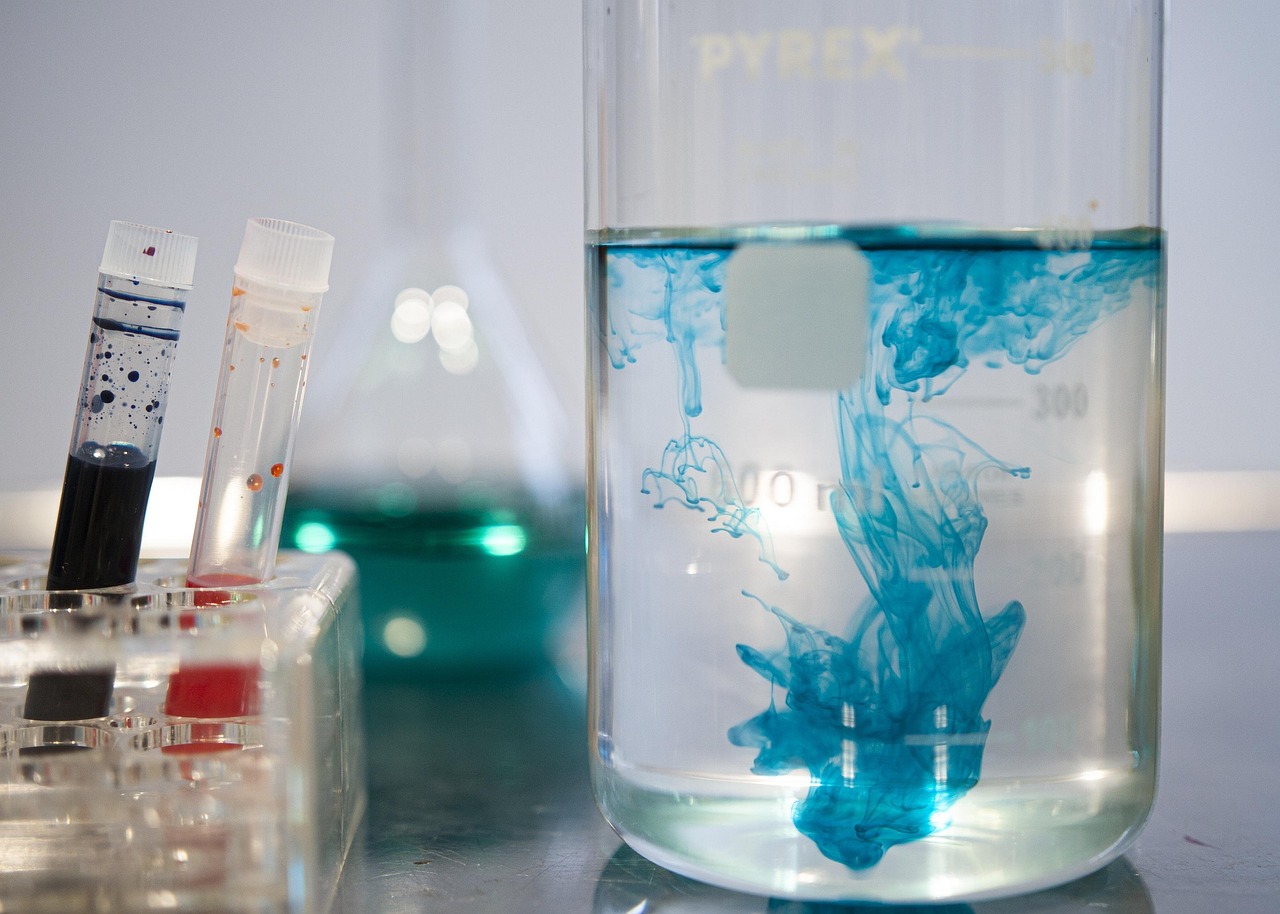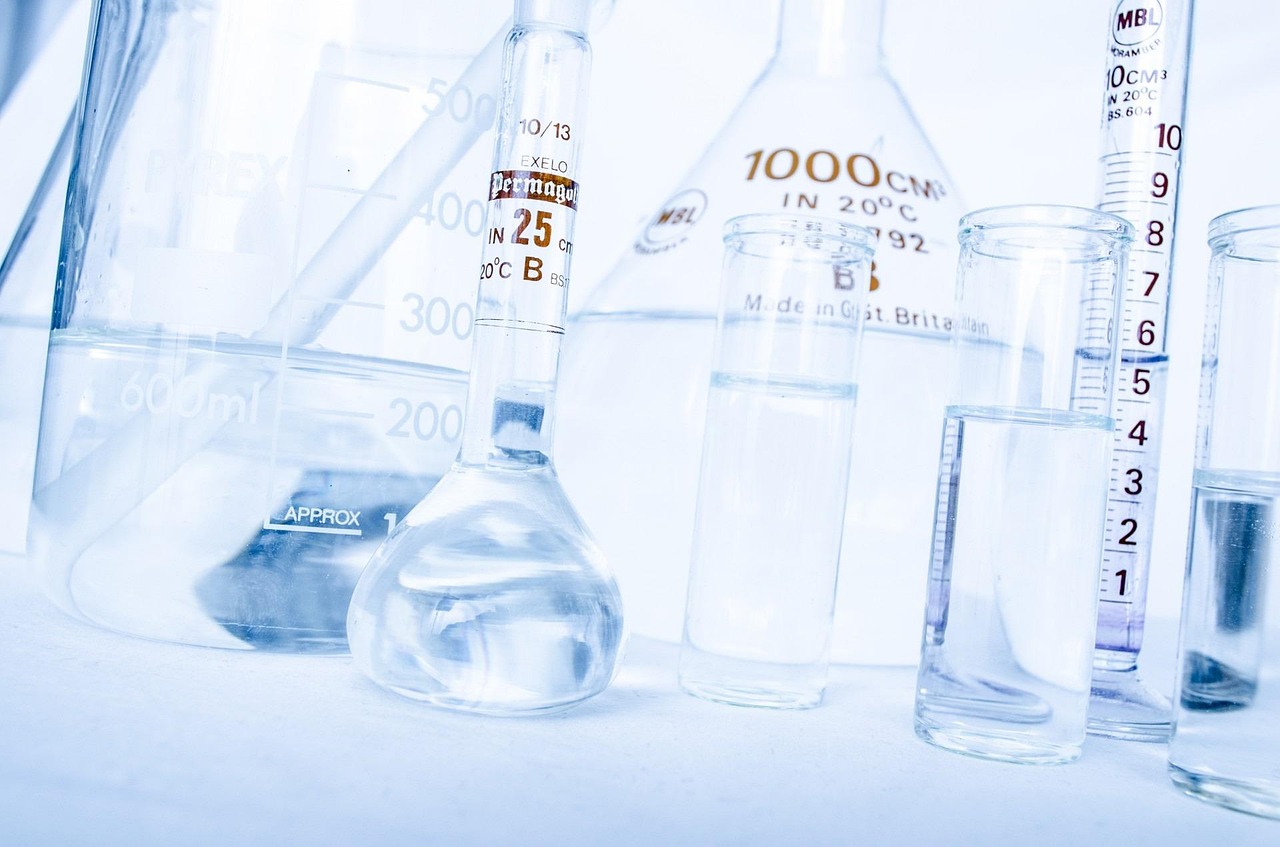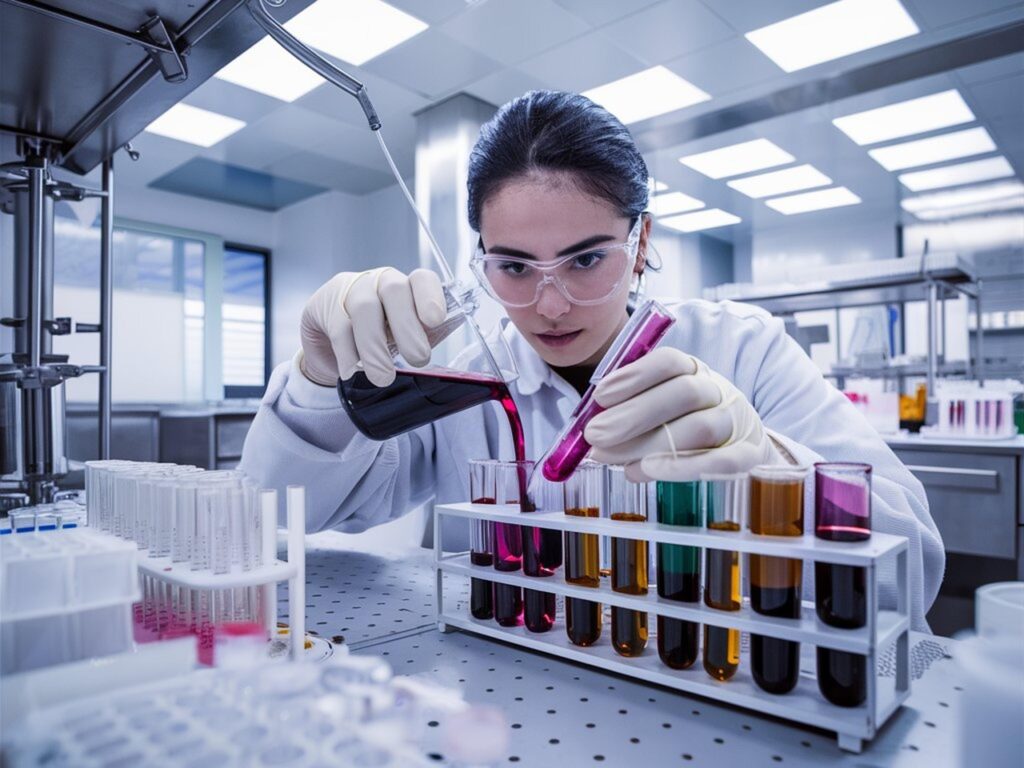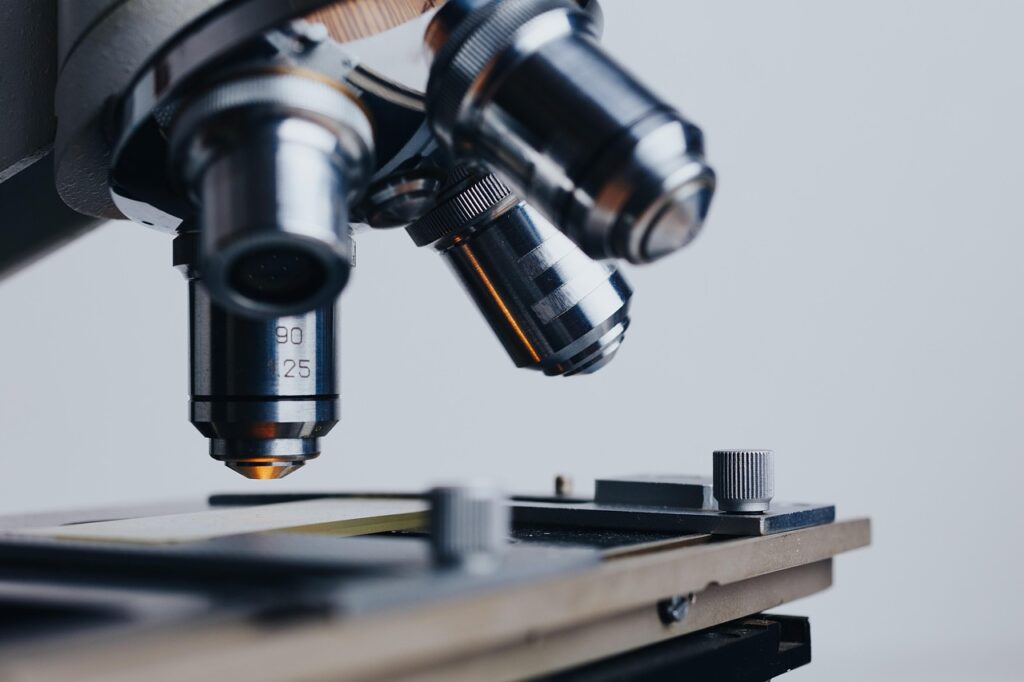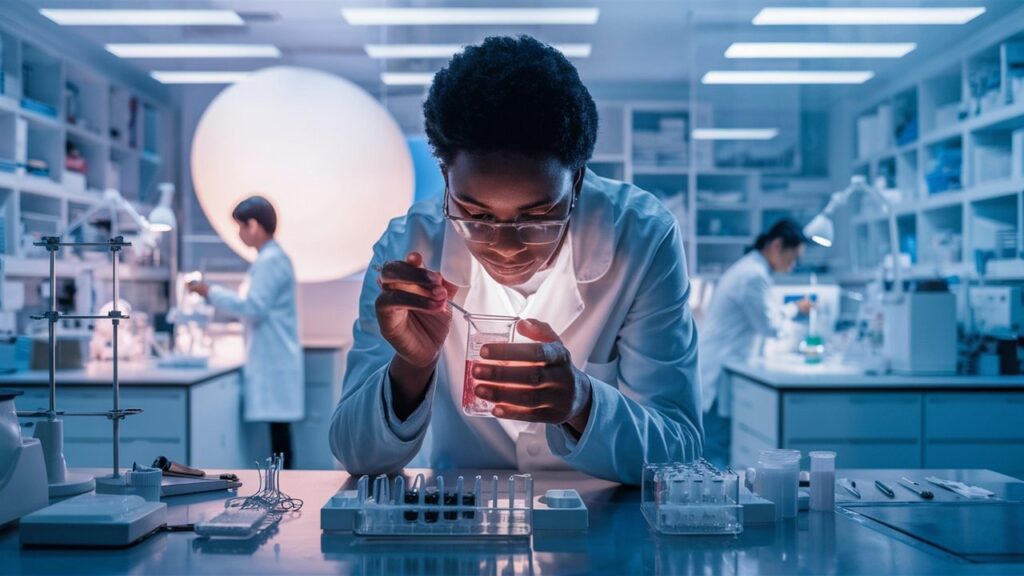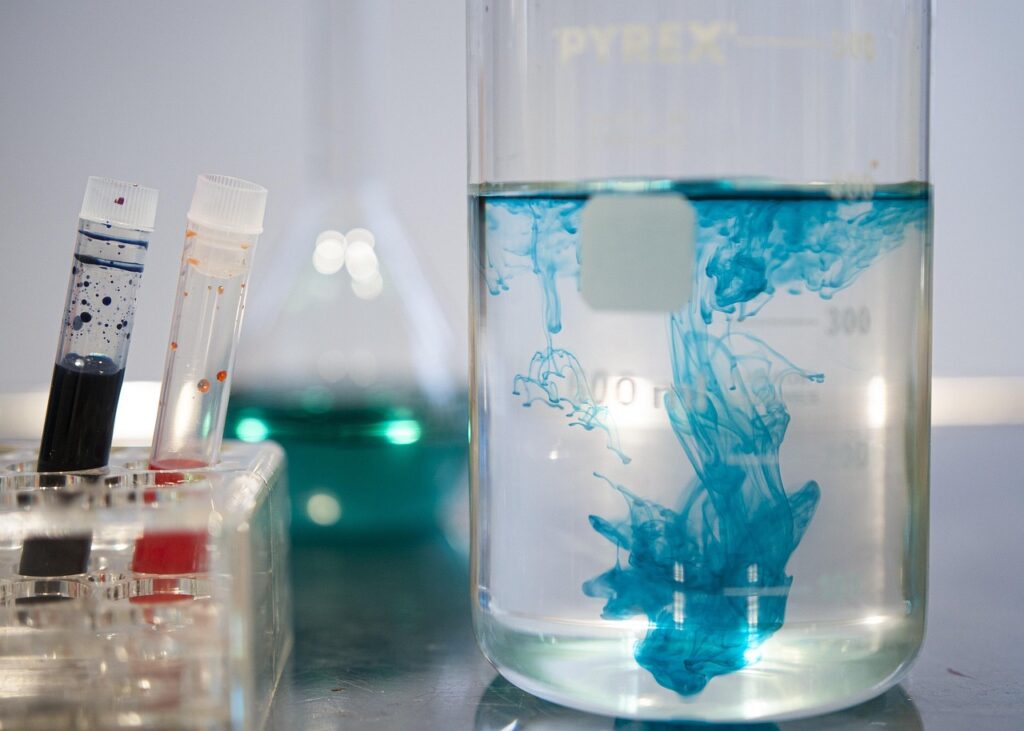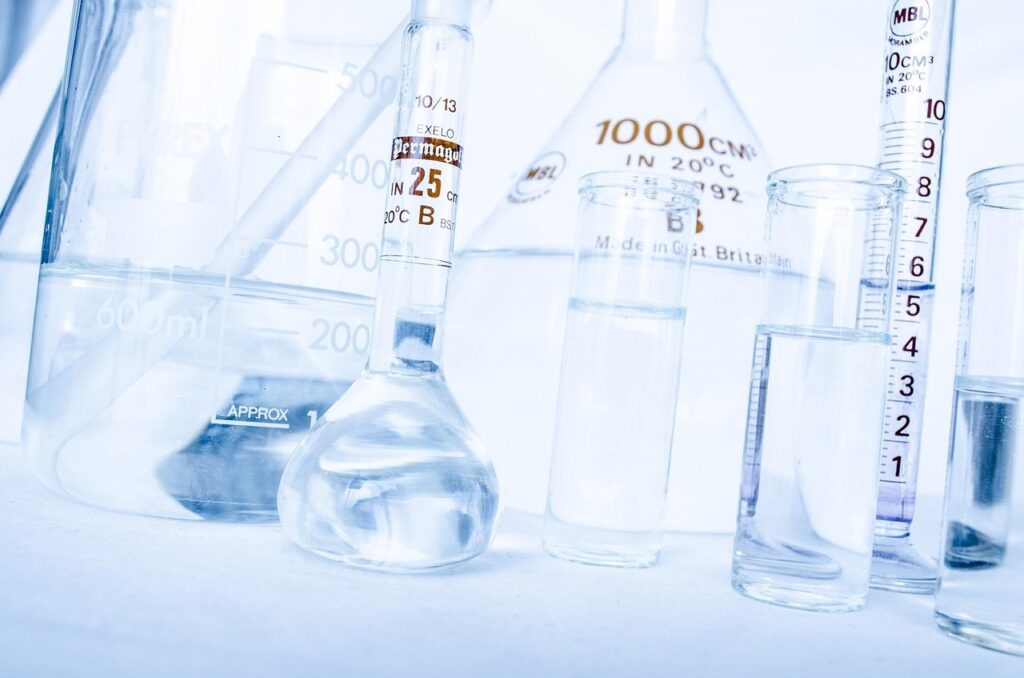Food safety has become a top concern for both consumers and regulatory agencies in the fast-paced world of today when food is imported from all over the world and processed through intricate supply chains. By evaluating, identifying, and certifying food products to ensure their quality and adherence to health regulations, a food testing laboratory plays a crucial part in preserving this safety. This blog will discuss the importance of a food testing laboratory in guaranteeing food safety as well as the essential procedures that make it essential to the food industry.
1. What Is a Food Testing Laboratory?
A food testing laboratory is a dedicated space with cutting-edge equipment and skilled professionals who conduct thorough examinations of food items. These labs carry out a range of tests, such as chemical, microbiological, and nutritional evaluations, to identify impurities, confirm the legitimacy of ingredients, and guarantee that food items fulfill legal requirements. A food testing laboratory contributes to the maintenance of the highest standards of safety and quality by evaluating samples from various phases of production and distribution.
2. Detecting Contaminants and Hazards
One of the primary roles of a Food Testing Laboratory is to detect potential contaminants and hazards that may compromise food safety. These hazards include:
- Microbial Pathogens: Bacteria such as Salmonella, E. coli, and Listeria are among the most common causes of foodborne illnesses. A Food Testing Laboratory uses state-of-the-art microbiological analysis techniques to identify these pathogens and help prevent their spread.
- Chemical Contaminants: Laboratories test for harmful chemicals like pesticides, heavy metals (e.g., lead, arsenic), and other toxic substances. Ensuring that these contaminants are absent or within safe limits is critical for protecting consumer health.
- Physical Contaminants: In addition to chemical and microbial hazards, a Food Testing Laboratory can identify physical contaminants like glass, metal, or plastic pieces that may have entered food during production.
By identifying these hazards early, food producers can take corrective actions and prevent potentially dangerous products from reaching consumers.
3. Compliance with Regulatory Standards
Although national laws governing food safety differ, they all aim to safeguard the public’s health. Food producers and distributors are required to follow stringent safety and quality standards in order to comply with these requirements. A food testing laboratory verifies that food items meet the requirements specified by organizations such as the Food Safety and Standards Authority of India (FSSAI) or the Food and Drug Administration (FDA) in the United States.
Certification services are provided by laboratories to show that a food product has undergone extensive testing and satisfies all relevant legal and health requirements. This certification enhances food brands’ legitimacy in the marketplace and fosters consumer trust.
4. Protecting Consumer Health
Beyond ensuring compliance, a food testing laboratory is essential for safeguarding the health of consumers. Serious health issues and, in the worst situations, death can result from foodborne infections. A food testing laboratory reduces the chance of outbreaks and guarantees that food products are safe to eat by offering precise analysis and prompt contamination detection.
To confirm that food products have the specified amounts of nutrients such vitamins, minerals, and proteins, these labs also carry out nutritional analyses. For people with particular dietary requirements and those managing medical problems, accurate labeling is essential.
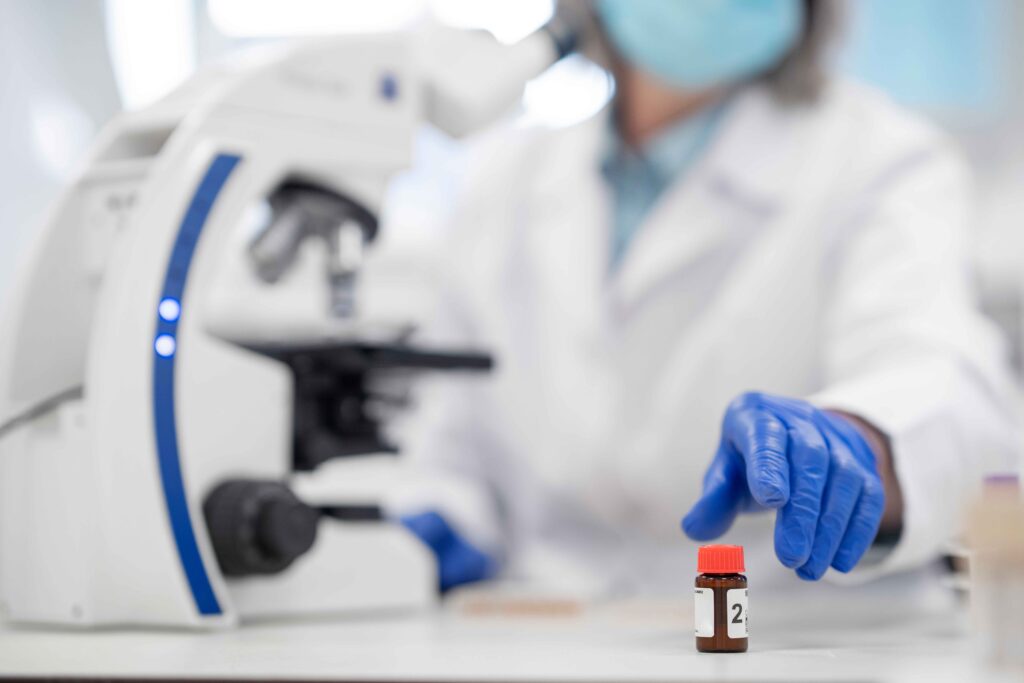
5. Quality Control in Food Production
To apply quality control procedures across various production processes, food manufacturers depend on Food Testing Laboratories. Regular testing of both raw materials and final goods allows producers to spot any problems before they become serious ones. In addition to guaranteeing product safety, this proactive strategy aids in preserving flavor, texture, and general quality consistency—all of which are critical for a brand’s reputation.
6. Innovation and Advancements in Food Testing
Over time, food testing has changed dramatically as a result of technological breakthroughs that produce quicker and more precise results. For accurate and dependable testing, modern food testing laboratories use sophisticated apparatus such as mass spectrometers, chromatography systems, and PCR (polymerase chain reaction) machines.
The creation of quick testing kits, which can provide results in hours as opposed to days, is one example of this breakthrough. This speed cuts down on the time a potentially hazardous product is in the supply chain by enabling food manufacturers to make judgments more quickly. Additionally, Food Testing Laboratories’ use of artificial intelligence and data analytics enables them to spot trends and anticipate possible safety concerns before they materialize.
7. Building Consumer Confidence
A food testing laboratory is essential to boosting consumer trust. Consumers today are more knowledgeable than ever before, frequently reading product labels closely and looking for guarantees on the food’s safety and nutritional content. Customers are more likely to be loyal to a brand when they are aware that food goods have been examined and approved by a respectable Food Testing Laboratory.
For food firms, transparency, and safety procedures have become key selling elements, and the involvement of a reliable food testing laboratory can significantly impact a product’s perception.
8. Supporting Food Export and Trade
Food testing is essential for worldwide trade as well as for local markets. Food items that are exported must adhere to the importing nation’s safety regulations. By ensuring that goods adhere to global standards, a food testing laboratory promotes easier trade ties and guards against possible border rejections.
By fulfilling these requirements, a business can reach a wider audience and support economic expansion. As a result, a food testing laboratory’s function goes beyond promoting public health to include assisting the world’s food economy.
Conclusion
It is impossible to overestimate the importance of a food testing laboratory in maintaining food safety. These labs are essential to the safe production and distribution of food because they detect contaminants, guarantee regulatory compliance, assist quality control, and safeguard consumer health. Food Testing Laboratories will become increasingly important in preserving customer confidence and public health as food production scales and supply linkages become more intricate.
Food Testing Laboratories will be able to maintain its position as leaders in food safety and quality assurance by embracing cutting-edge technologies and creative testing techniques, guaranteeing that the food that reaches our plates is not only tasty but also safe.

